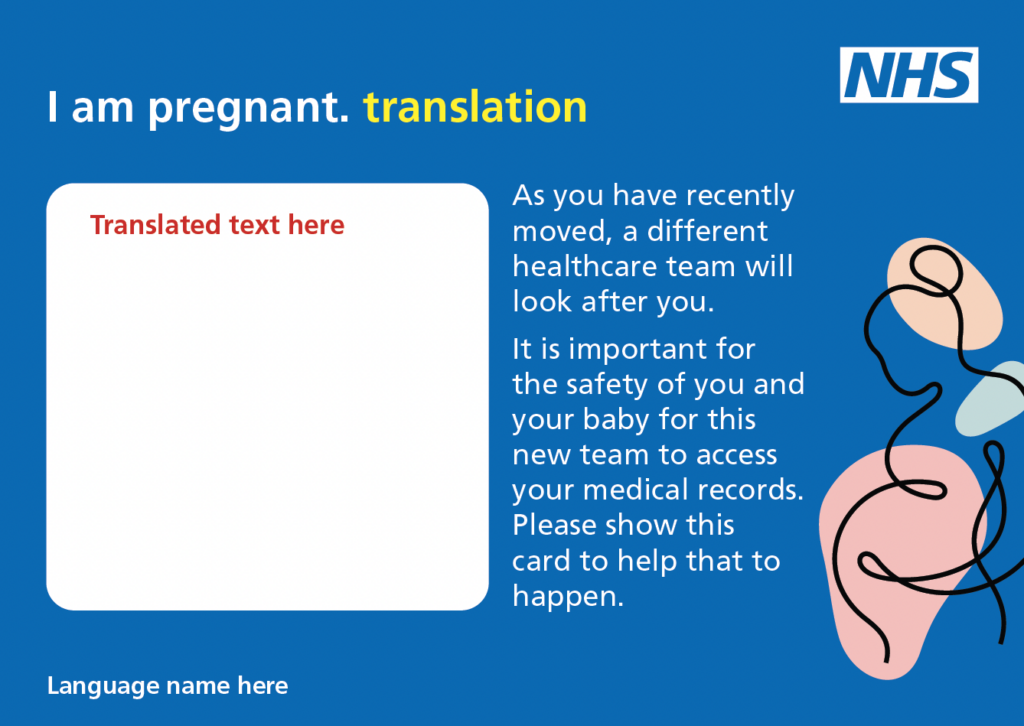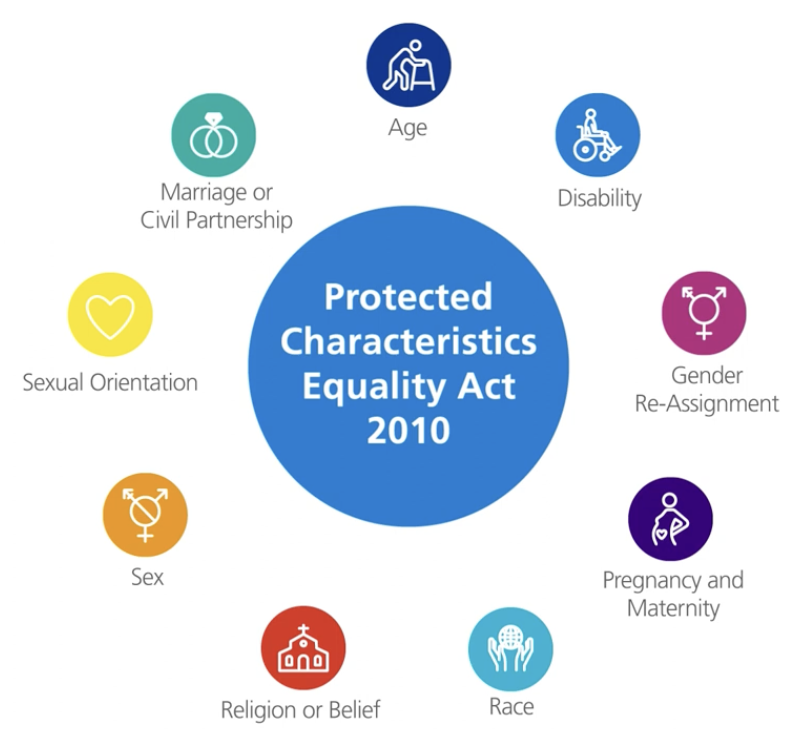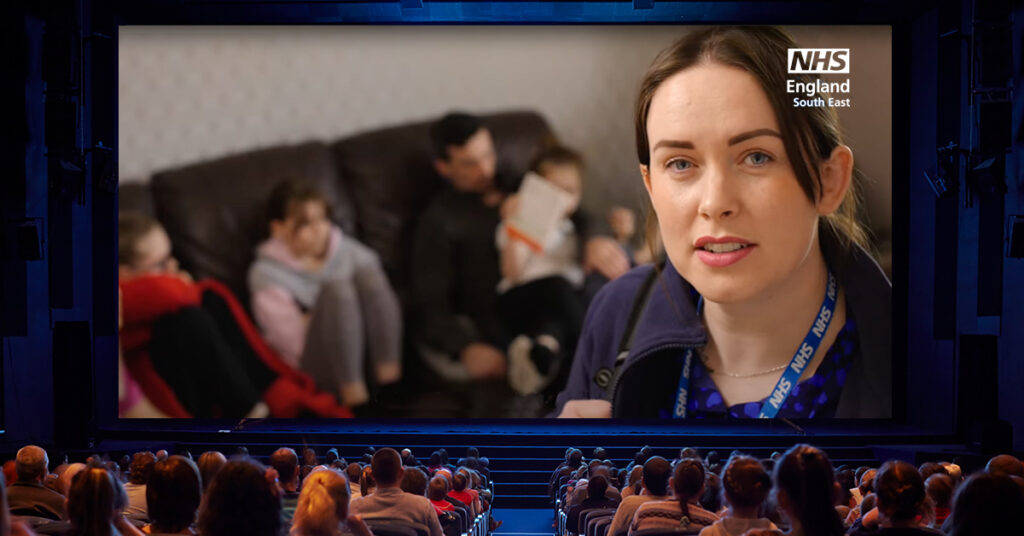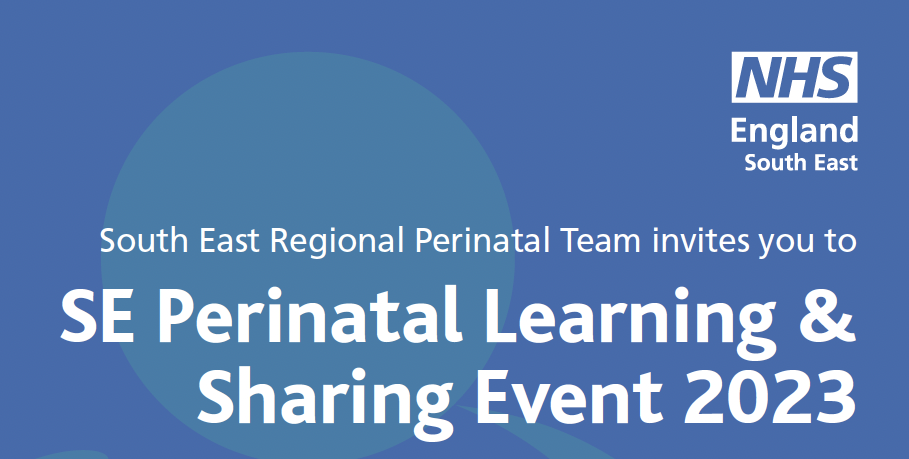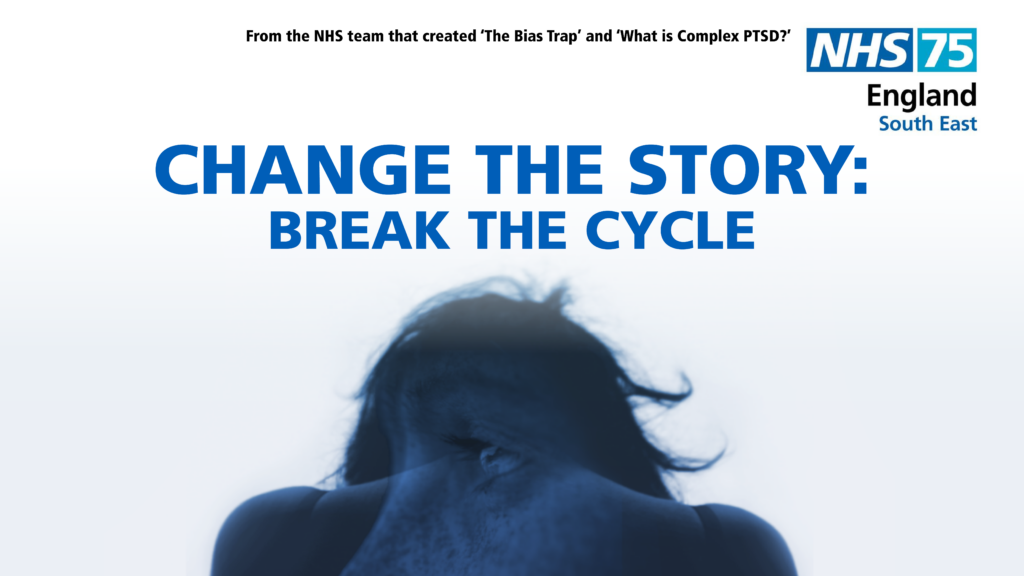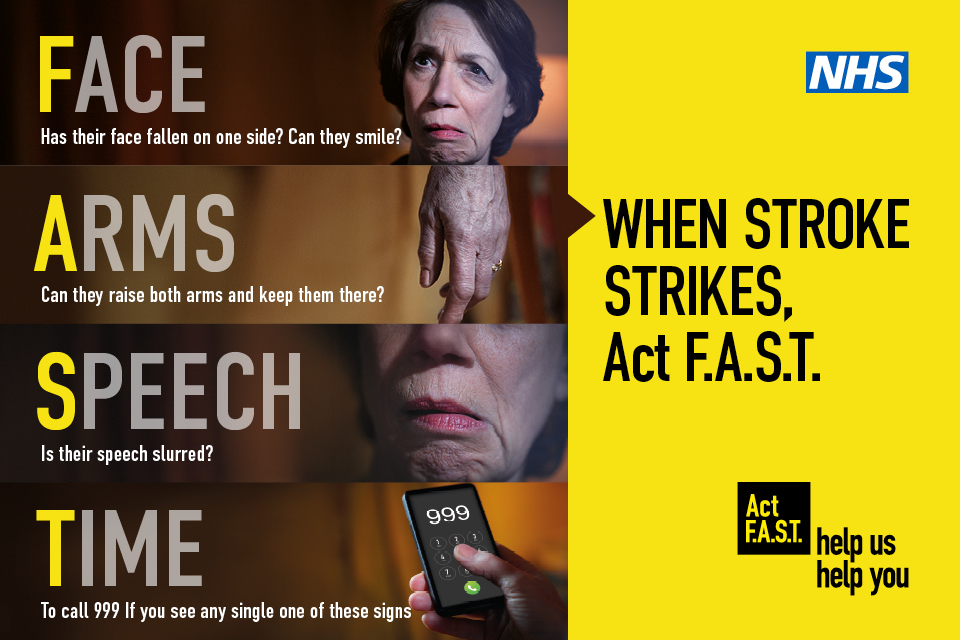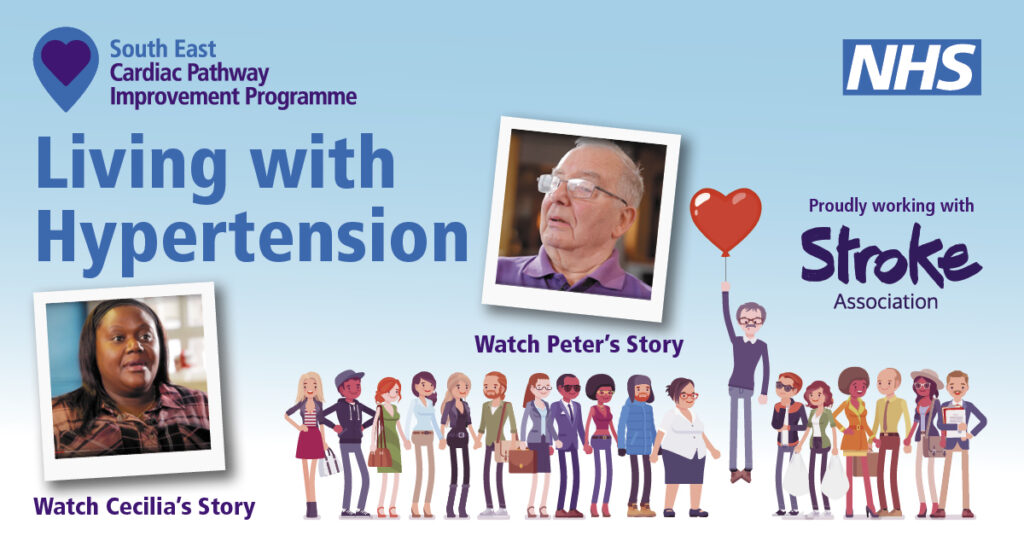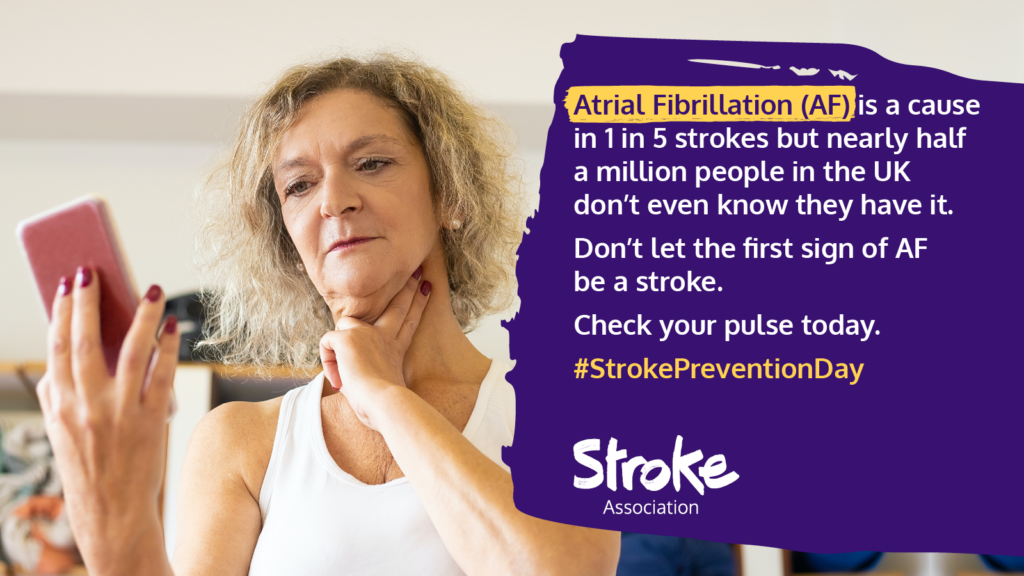In this series of webinars, we hear from Councils, voluntary organisations, GPs, Homeless Health Services, NHS providers, Clinical Commissioning Groups (CCGs) and Sustainability and Transformation Partnerships (STPs) in the South East of England. We hear how they have worked together locally to meet the needs of homeless people during COVID-19.
Webinar 1
Brighton and Hove City Council and a local GP talk about how they tailored the London ‘find-and-treat’ model to suit their population and how their established partnerships with other agencies helped them better respond to COVID-19 and will help them through the coming winter.
Webinar 2
Next we hear from Slough Borough Council, Slough CVS, a local GP and East Berkshire CCG about how they supported homeless people in Slough during COVID. Their presentation is followed by a discussion on planning for adverse weather conditions and flu vaccinations across the South East region.
Webinar 3
Portsmouth Council’s Public Health team gave a presentation on screening homeless hotel residents for infectious diseases (Hepatitis C and Tuberculosis) on 16 July 2020. This was not recorded at the time but an updated version was recorded on 13 August 2020.
Webinar 4
A Liver Specialist Nurse from the Royal Bournemouth and Christchurch Hospital and Commissioning Manager from Bournemouth, Christchurch and Poole Council (in the South West – just over our border) talked about its collaborative approach: providing pop-up Hepatitis C and blood-borne virus screening clinics with diagnosis of liver problems and ongoing treatment for addiction.
Webinar 5
The chair and members of a multi-agency group which spans Hampshire and Isle of Wight gave a presentation which described how the councils and STP had come together to take a system-wide approach to homeless prevention, strengthening relationships but keeping a local focus. They described what they had learned about what would make a difference.
Webinar 6
This webinar features a presentation on co-occurring disorders (substance misuse and mental health) by Nick Maguire, Associate Professor in Clinical Psychology from the University of Southampton.
Webinar 7
This webinar features a presentation describing how Liaison and Diversion Services within Health and Justice are commissioned by NHS England and NHS Improvement across the South East, what services are provided and how they can work with other agencies to better support homeless people.
Webinar 8
This webinar features a presentation about inclusion health from Samantha Dorney-Smith, Homeless Health Programme Lead for the Queen’s Nursing Institute, who shares some of the work of the homeless health programme.
Webinar 9
This webinar features a presentation about substance misuse services in Oxford from Andy Symonds from Turning Point and Izzy Pappas a former service user. There is also a presentation on homeless health services commissioned in Oxfordshire by Juliet Long from Oxfordshire CCG.
Webinar 10
This webinar features a presentation about supporting women who are homeless with their multiple complex needs and raises awareness of the impact domestic violence might have on housing needs. Health care services also need to adapt to better meet these multiple complex needs. The speakers, Micky Richards and Rose Hawkins also mention work to develop a Pan Sussex Strategic Framework in relation to domestic abuse services.
Webinar 11
This webinar features a presentation on insights into trauma informed approaches in the context of COVID-19, by Karen Buckley, Public Health Registrar ST4 from Public Health England South East.
Webinar 12
This webinar features two presentations – the first is by Richard Lewis, Policy and Practice Manager at Making Every Adult Matter (MEAM) and Rachel Fletcher Social Inclusion Manager from Basingstoke and Deane Borough Council, and examines the MEAM Approach in practice, reflecting on work in Basingstoke. The second presentation looks at initial findings from a study which explored the experiences of the first ‘Everybody in’ accommodation process, with perspectives from commissioners, front line workers and service users. It is led by Dr Nick Maguire, Associate Professor in Clinical Psychology and Saskia Thorne, Research Assistant at University of Southampton.
Webinar 13
In this webinar Jane Cook, the Health and Homelessness Adviser from the Ministry of Housing Communities and Local Government, introduced the Duty to Refer under the Homeless Reduction Act 2017 which places a legal duty on specified public authorities to refer service users who they think may be homeless or threatened with homelessness within 56 days to local authority homelessness/housing options teams. These organisations include:
- Criminal justice institutions/services
- Jobcentres Plus
- Social services authorities
- Members of the regular armed forces
- Emergency departments
- Urgent treatment centres
- Hospitals –providing inpatient services
Sarah Charters, Consultant Nurse (Emergency Care) at University Hospital Southampton (UHS), then gave a presentation about the inspirational work that she and the Vulnerable Adult Support Team (VAST) do with people who are identified as homeless, or who are high intensity users of A&E, which goes above and beyond the duty to refer. The VAST service at UHS started small and has grown over the last ten years with the support of Sandy Jerrim, Senior Commissioning Manager, Integrated Commissioning Unit, Southampton CCG and Southampton City Council. Also shared were some posters that Reading Borough Council had produced in collaboration with Royal Berkshire NHS Foundation Trust to highlight the need to refer homeless people to housing.
The online Duty to Refer training for NHS staff provided by Health Education England is available here.
Webinar 14
The focus of the event is co-designing services with the people who use them. The presenters include Andy Williams and Gareth Davis for Revolving Doors Agency and Sue Bickler for Wessex Voices.
Webinar 15
The presenters for this event are Paul Anders from Public Health England and Mia Tillyer from Change Grow Live in Brighton and Hove. They share the work of a trial of an innovative, specialist form of employment support for those in substance misuse treatment – Individual Placement and Support.
Webinar 16
The presenters for this event are Treflyn Lloyd-Roberts, Chief Executive of Yeldall Manor (Choices Rehabs) and Noreen Oliver MBE, Founder and Managing Director at The BAC O’Connor Centres (Recovery Group UK). They share their thoughts on residential drug and alcohol rehabilitation.
Webinar 17
Nelida Senoran-Martin, Service User Engagement Coordinator, Martin Mcalonen, Project Consultant and Vikki Hensley, Project Consultant talk about their work at Fulfilling Lives in engagement and co-production activities. The project has employed 41 people to date in lived experienced roles and Nelida, Martin and Vikki explained why they’ve had this success.
Webinar 18
This special webinar reflects on the achievements of the past year through this health network. It includes a special thank you from Lord Bird, MBE as well as special recorded messages from Baroness Casey of Blackstock and Eddie Hughes, MP. It also features an analysis of what has been achieved and what was been learnt along the way, led by Nick Maguire and Saskia Thorne.
Webinar 19
We talked about how COVID vaccinations could be delivered to the homeless population and provided links to the resources available to assist with delivering the vaccination. A case study about the identification and delivery of vaccinations to the homeless population of Winchester was discussed and is now available on the Queen’s Nursing Institute website here, along with a case study about the delivery of vaccinations in Brighton using a mobile unit, which you can read here.
Webinar 20
We were delighted to have award winning, investigative journalist, Maeve McClenaghan attending our network to share the background to her book: No Fixed Abode: Life and death among the UK’s forgotten homeless. The work Maeve started, alongside other journalists from the Bureau of Investigative Journalism, to log how and when people are dying while homeless, was eventually taken up by the Office of National Statistics (ONS) who used the information to develop their own methodology, allowing them to analyse death certificates and produce their own estimates, which suggested the number of those dying had increased by 24% in 5 years. These figures are remarkable as they the first of their kind to be published on homeless deaths. Further details are featured on the Museum of Homelessness website.
These webinars have been planned by NHS England and Improvement with Public Health England and the Ministry of Housing Communities and Local Government (MHCLG) colleagues to outline the contribution that health can make to support homeless people who are multiply disadvantaged across the South East.
Since the end of March 2020 in response to the pandemic, housing colleagues across the South East have arranged accommodation for street homeless and rough sleepers, bringing forward a target for ‘everyone in’ which was initially proposed to have been reached by 2027.
This presents an opportunity for this client group to register with a GP and/or maintain a relationship with care services, and to receive a full physical and mental health needs assessment in order to access relevant services. MHCLG has recently written to council chiefs asking them to plan for the ‘moving on’ stage to support transition from contingent to permanent accommodation. Given the ongoing pandemic and complex needs of this vulnerable group, a health-led response to transition is expected.
In the following operational business-focused webinar held on 30 July, the MHCLG talked about their prospectus for Next Steps Accommodation Programme and Public Health England introduce the Draft South East Framework to Support COVID-19 Transition Planning for Multiple Exclusion Homelessness. This is a multi-agency tool for Councils, Voluntary organisations, GPs and Primary Care Networks, Homeless Health Services, NHS providers, Clinical Commissioning Groups and Sustainability and Transformation Partnerships in the South East. It enables them to self-assess where they are in the development of bronze, silver and gold standard services for this client group.
The tool has been sent with an accompanying letter to Chief Executives of all local authorities (unitary, upper tier and lower tier), CCG Accountable Officers, Directors of Public Health, Local Resilience Forum Chairs and ICS / STP Chairs. The letter has been signed by:
- Alison Barnett, NHS Director of Public Health, Public Health England,
- Anne Eden, South East Regional Director, NHS England and NHS Improvement South East
- Andrew Scott-Clark, Chair of the South East Associate of Directors of Public Health
The tool will evolve as services develop. The latest version of the tool can be found here.
The audience for these webinars is multi-agency and we hope it will allow colleagues across the South East to learn what can be achieved from better connections in their systems.


